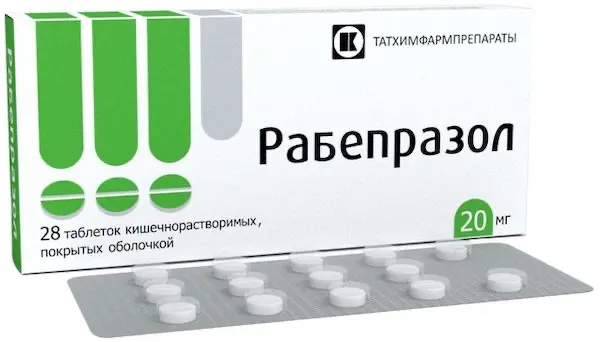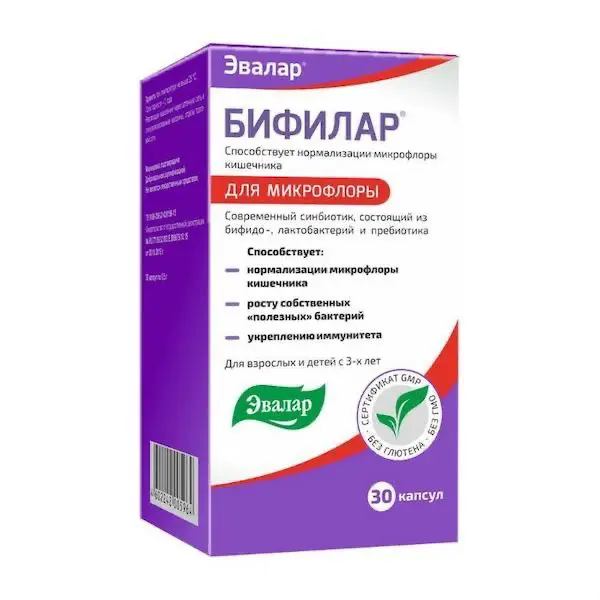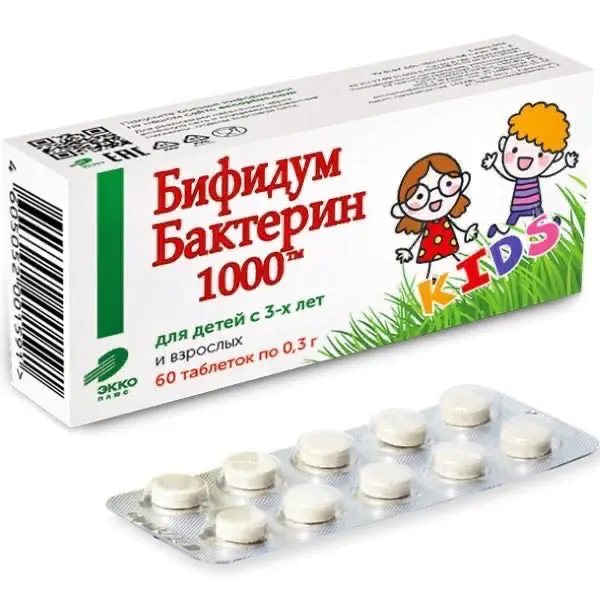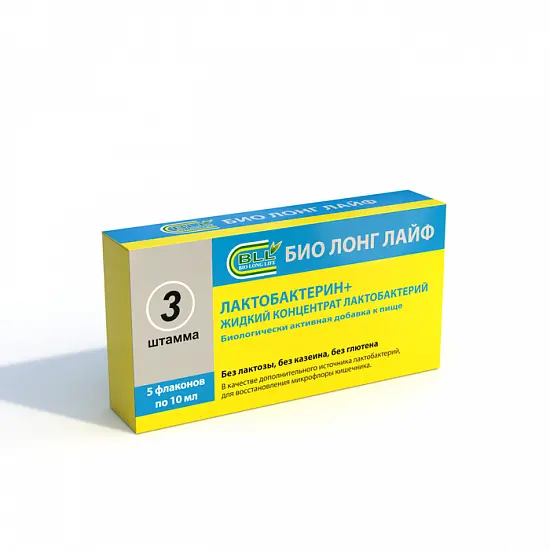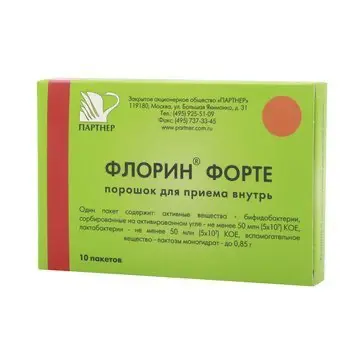Description
Rabeprazole Pharmacodynamics
Mechanism of action. Rabeprazole belongs to the class of antisecretory agents, benzimidazole derivatives. Suppresses gastric juice secretion by specific inhibition of H+/K+ -ATPase on the secretory surface of gastric parietal cells. Blocks the final stage of hydrochloric acid secretion, reducing basal and stimulated secretion, regardless of the nature of the stimulus.
Possessing high lipophilicity, it easily penetrates into the parietal cells of the stomach, concentrates in them, having cytoprotective effect and increasing the secretion of hydrocarbonate.
Antisecretory activity. After oral administration of 20 mg of rabeprazole, antisecretory activity occurs within 1 hour and reaches its maximum after 2-4 hours; inhibition of basal and food stimulated acid secretion in 23 hours after first rabeprazole dose is 62 % and 82 % respectively, and lasts for 48 hours. When discontinuing the intake, secretory activity is restored within 1-2 days.
Influence on gastrin concentration in blood plasma. During the first 2-8 weeks of therapy with rabeprazole, plasma concentration of gastrin increases, which is a reflection of the inhibitory effect on hydrochloric acid secretion, and returns to the initial level usually within 1-2 weeks after discontinuation of treatment.
Other effects. It has no anticholinergic properties, does not affect the central nervous system (CNS), cardiovascular and respiratory systems. No sustained changes in the morphological structure of enterochromaffin-like cells, in the severity of gastritis, in the frequency of atrophic gastritis, intestinal metaplasia or the spread of Helicobacter pylori infection have been found during treatment with rabeprazole.
Indications
– Peptic ulcer in the acute phase and anastomosis ulcer;
– Duodenal ulcer in the acute phase;
– erosive and ulcerative gastroesophageal reflux disease in adults and children over 12 years of age or reflux esophagitis;
– Maintenance therapy for gastroesophageal reflux disease;
– Non-erosive gastroesophageal reflux disease;
– Zollinger-Ellison syndrome and other conditions characterized by pathological hypersecretion;
– In combination with appropriate antibacterial therapy for eradication of Helicobacter pylori in patients with peptic ulcer disease.
Contraindications
– Hypersensitivity to rabeprazole, substituted benzimidazoles or to the excipients of the drug;
– pregnancy;
– Breast-feeding period;
– childhood under 18 years of age, except for use in gastroesophageal reflux disease – childhood under 12 years of age;
– lactase deficiency;
– lactose intolerance;
– glucose-galactose malabsorption.
Dosage and administration
- Tablets are taken orally without chewing and crushing. Time of day and food intake have no effect on rabeprazole activity.
- Adults
- In acute gastric ulcer and anastomosis ulcer, it is recommended to take 10-20 mg once daily. Usually the course of therapy is 6 weeks, in some cases the duration of treatment may be increased by another 6 weeks.
- In duodenal ulcer in acute stage it is recommended to take 10-20 mg once a day. The duration of treatment is from 2 to 4 weeks. If necessary, the treatment duration can be extended for 4 more weeks.
- In treatment of erosive and ulcerative gastroesophageal reflux disease (GERD) or reflux esophagitis it is recommended to take 10-20 mg once daily. The duration of treatment is 4 to 8 weeks. If necessary, the duration of treatment may be prolonged for 8 more weeks.
- In maintenance therapy of gastroesophageal reflux disease (GERD) it is recommended to take 10-20 mg once daily. The duration of treatment depends on the patient’s condition.
- In non-erosive gastroesophageal reflux disease (NERD), it is recommended to take 10-20 mg once daily. If after four weeks of treatment the symptoms do not disappear, further examination of the patient should be carried out. After symptoms have resolved, the drug should be taken at a dose of 10 mg once daily on demand.
- For treatment of Zollinger-Ellison syndrome and other conditions characterized by pathological hypersecretion, the dose is adjusted individually. The initial dose is 60 mg per day, then the dose is increased and the drug is prescribed up to 100 mg per day at a single dose or 60 mg twice a day. Treatment should be continued as clinically necessary. In some patients with Zollinger-Ellison syndrome, the duration of treatment with rabeprazole was up to one year.
- For eradication of Helicobacter pylori it is recommended to take 20 mg 2 times per day according to a certain scheme with an appropriate combination of antibiotics. The duration of treatment is 7 days.
- Patients with renal and hepatic insufficiency.
- Patients with renal failure do not require dose adjustment. In patients with mild and moderate hepatic insufficiency the concentration of rabeprazole in blood is usually higher than in healthy patients. Caution should be exercised when prescribing the drug in patients with severe hepatic insufficiency.
- Elderly patients. Dosage adjustment is not required.
- Children. Safety and efficacy of rabeprazole use in children aged 12 years and older is established for short-term (up to 8 weeks) treatment of gastroesophageal reflux disease. Recommended dose for children aged 12 years and older is 20 mg 1 time per day for up to 8 weeks. Safety and efficacy of rabeprazole for other indications have not been established for pediatric patients.

